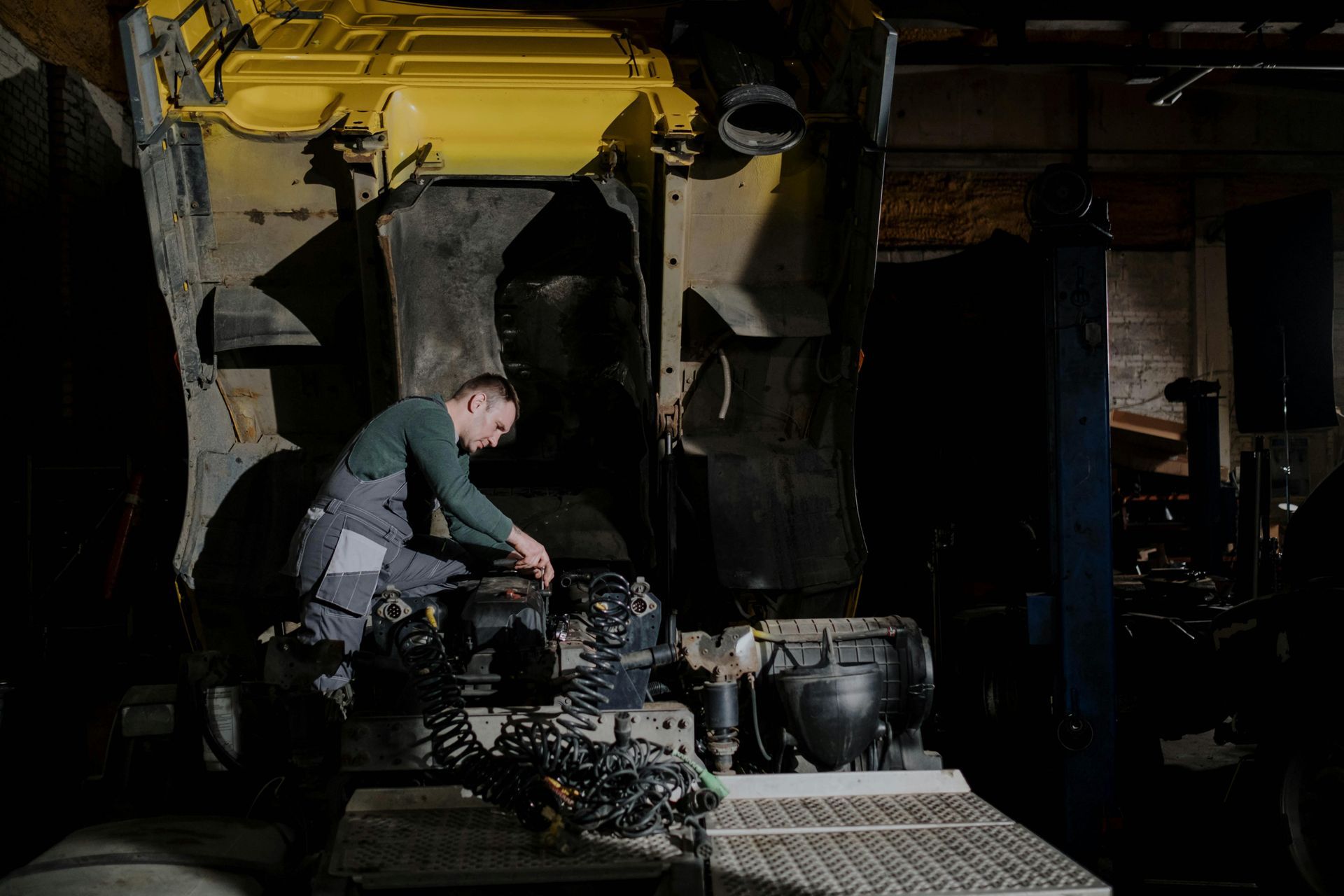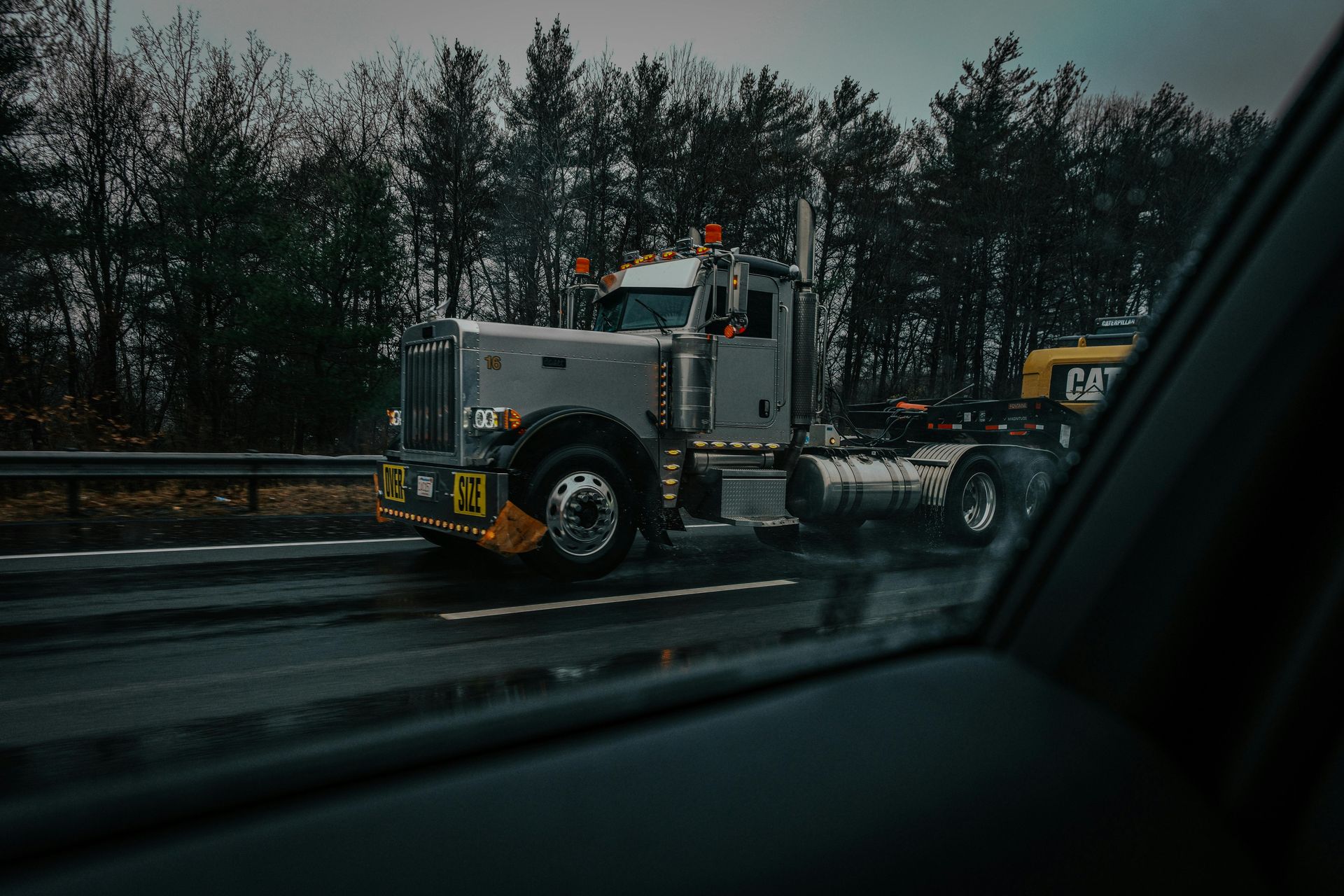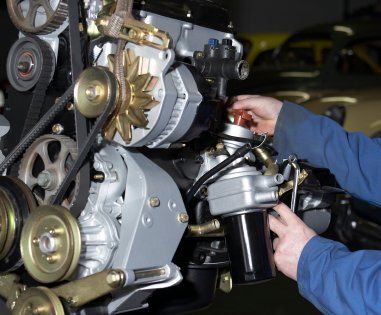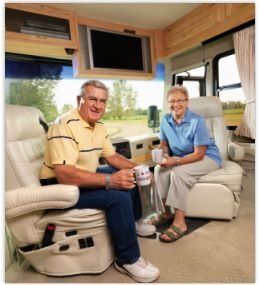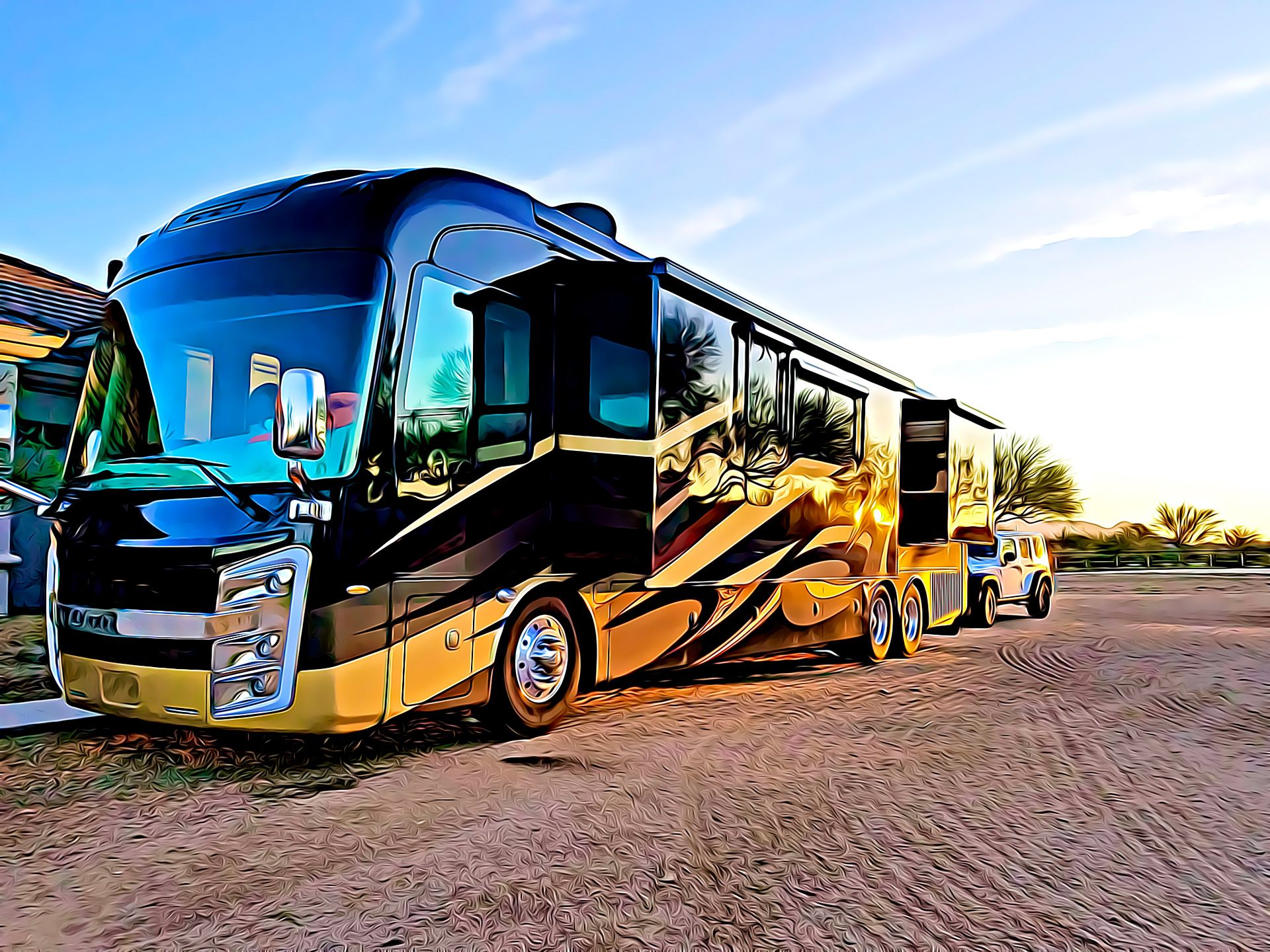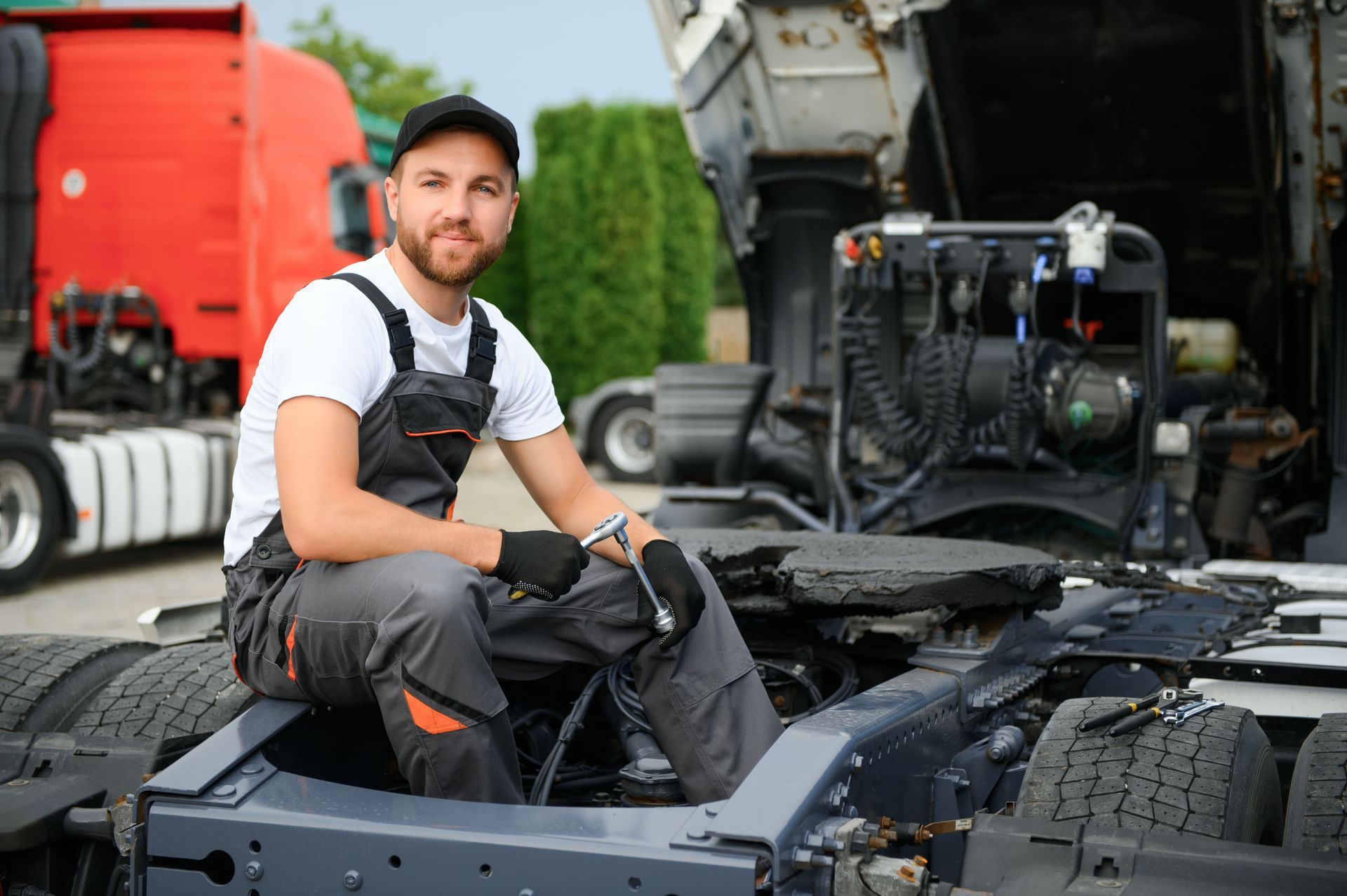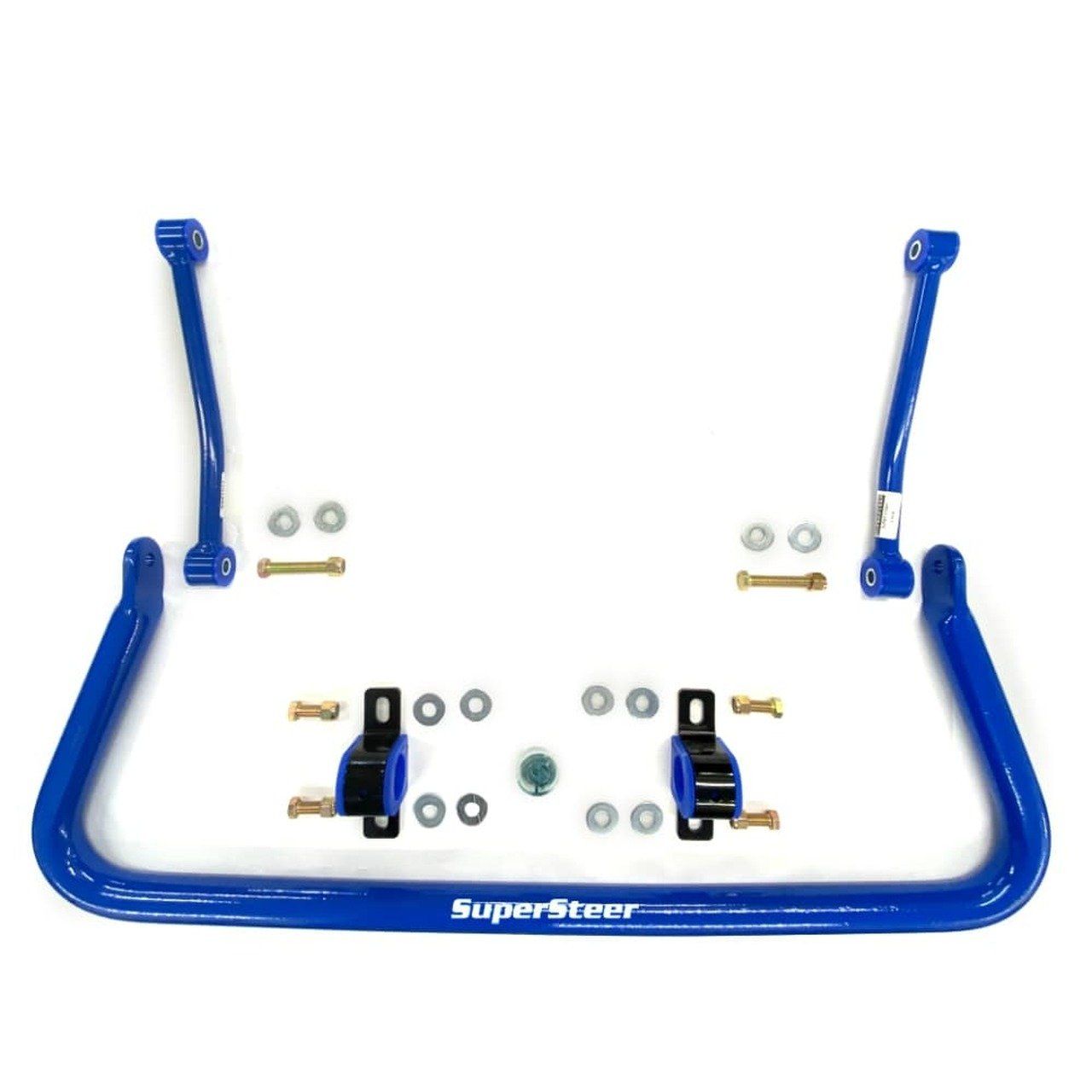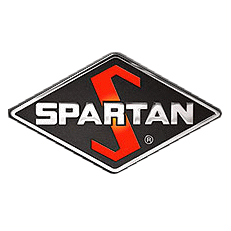The Most Important Preventative Maintenance Tips For Your RV
Having an RV or camper can be one of the most joyous things you own, an invitation to explore the wilderness and have outdoor adventures whenever you've got free time... Or it would be if it wasn't stuck in a motorhome repair shop!
RVs are highly complicated vehicles, with a lot that can go wrong. They aren't exactly fragile, but they're still easily damaged - and as an RV owner, you should be looking for ways to prevent that from happening. Anyone with a camper should understand the basics of preventative maintenance, and understand that they do need to stay on top of it if they want to prevent needless damage and repair jobs.
So in this article, let's talk about RV care and maintenance. A little extra time spent taking care of your camper can prevent a lot of expensive repairs.
Six Must-Do RV Preventative Maintenance Measures
1 - Maintain your window and door seals
Water leaks are among the worst threats to RVs because water damage can wreak havoc on the interior. Water can easily get into the walls and carpeting, leading to mold and mildew, or even start to break down the structural elements within the frame. If there's anything in the camper made of wood, that too will quickly succumb to water damage.
So you should regularly check your door and window seals, to ensure they're still sealing properly. The seals should still be flexible and supple. If they've dried out, they won't form a watertight bond when closed. Remember to check all the windows, including the ones in the back. Water can sneak in from anywhere.
If you suspect water has gotten in, look for streaks or discoloration on the interior walls. The signs of water damage are pretty similar to water damage in a house.
2 - Is your roof still properly coated?
The other main way that water can get into your RV is via the roof. Since the roof is completely exposed to sun and rain, it can easily become damaged by the weather. Because of this, it's treated with weather-resistant coatings at the factory, but these coatings will wear down over time.
So keep an eye on your roof, and if it looks like the slightly-shiny coating is wearing off, get it replaced ASAP. Also, if you see signs of water damage near the top of the camper's interior, that's likely to have come in through the roof.
And still on the topic of water damage...
3 - Keep humidity out of your camper
The other way moisture can get into your RV is through humidity in the atmosphere. If you frequently drive through humid regions, that can easily transfer enough moisture into your carpeting and walls to do damage or encourage mold growth.
The key here is to have proper airflow within the camper and ensure your air conditioning system is always in good shape.
You need to keep a constant flow of air to prevent moisture from starting to do damage to the interior.
You might also want to look into improved roof vents from your local motorhome repair shop, to encourage more airflow, or even install a dehumidifier if it's always humid in your area.
4 - Always keep an eye on your tires
Your tires may be the single most important component of your RV when it comes to on-road safety. They determine how well your camper can grip the road - which is particularly important, given how prone RVs can be to roll over. So you need to be constantly checking on your tires, to ensure they're in good shape.
We strongly recommend checking your tires every day when your RV is in use. You want to make sure the tire pressure remains within manufacturer specs. This means you should have an air pressure gauge and a portable tire inflator in your camper at all times. After all, if you get a flat in the middle of a state park, you've got to take care of it yourself.
Also frequently check the tread depth, around once a month. Technically, they can be run on tread depth as low as 2/32" - but that's still a risk. Realistically, once your tires get below 4/32" tread depth, it's time to look into replacing them.
5 - Get your wheel bearings serviced frequently
The bearings inside your RV's wheel assembly are subject to a lot more stress than a standard car or truck - which is often a problem because most RVs are built on top of stock truck chassis. So, the bearings are more prone to wear than on other vehicles.
You should check the bearings roughly once per season, or whenever you're pulling out your RV after an extended time in storage. Make sure they aren't damaged properly greated with and refill them with wheel bearing grease to ensure smooth rotation.
6 - Keep rodents out
Rodents love to make a home out of your motorhome - particularly if you're storing it for long periods, such as over the winter. The problem is, of course, rodents habitually chew on things. The amount of damage they can do in just a month or so is almost impressive, not to mention making a mess with their nests and droppings. So it's critical to keep rodents and other critters out of your camper, as best you can.
When storing the RV you should strongly consider using spray foam to fill up all the small holes which can provide entry into the RV, such as wire holes, gas lines, etc. Yes, this will need to be cleaned out afterward - but that is typically going to be much cheaper and easier than dealing with repairs after rodents chew through your camper.
Maintain Your Camper At Mainline RV & Truck Service!
Drivers from across Ohio come to Mainline RV & Truck service thanks to our huge selection of parts, suspension upgrades, and our highly trained service staff. We're always happy to give your RV a checkup, and we can be your go-to motorhome repair shop whenever there's a problem.


